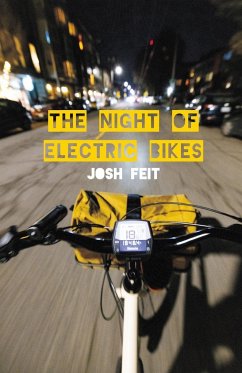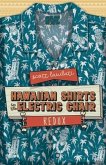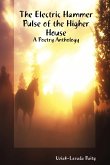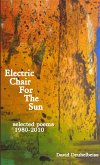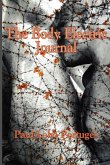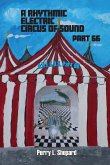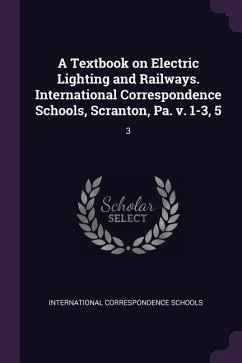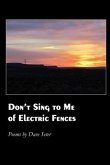Josh Feit mines decades as a city hall reporter to find metaphors and meaning in bike lanes, zoning code, housing density, and city infrastructure with a set of poems that cherishes urban planning and metro living. It's as if Jane Jacobs and Frank O'Hara made a Surrealist film together. "The wind is made of apartment buildings," he writes in the poem "City Planning Pantoum." And while City planning certainly provides the prompt here (one prize-winning poem details a recent Seattle Dept. of Transportation sidewalk report), this collection translates the NACTO (National Association of City Transportation Officials) lingo of "dwell times" and "linger factors" into verse that contemplates existential moods and aspirations.

